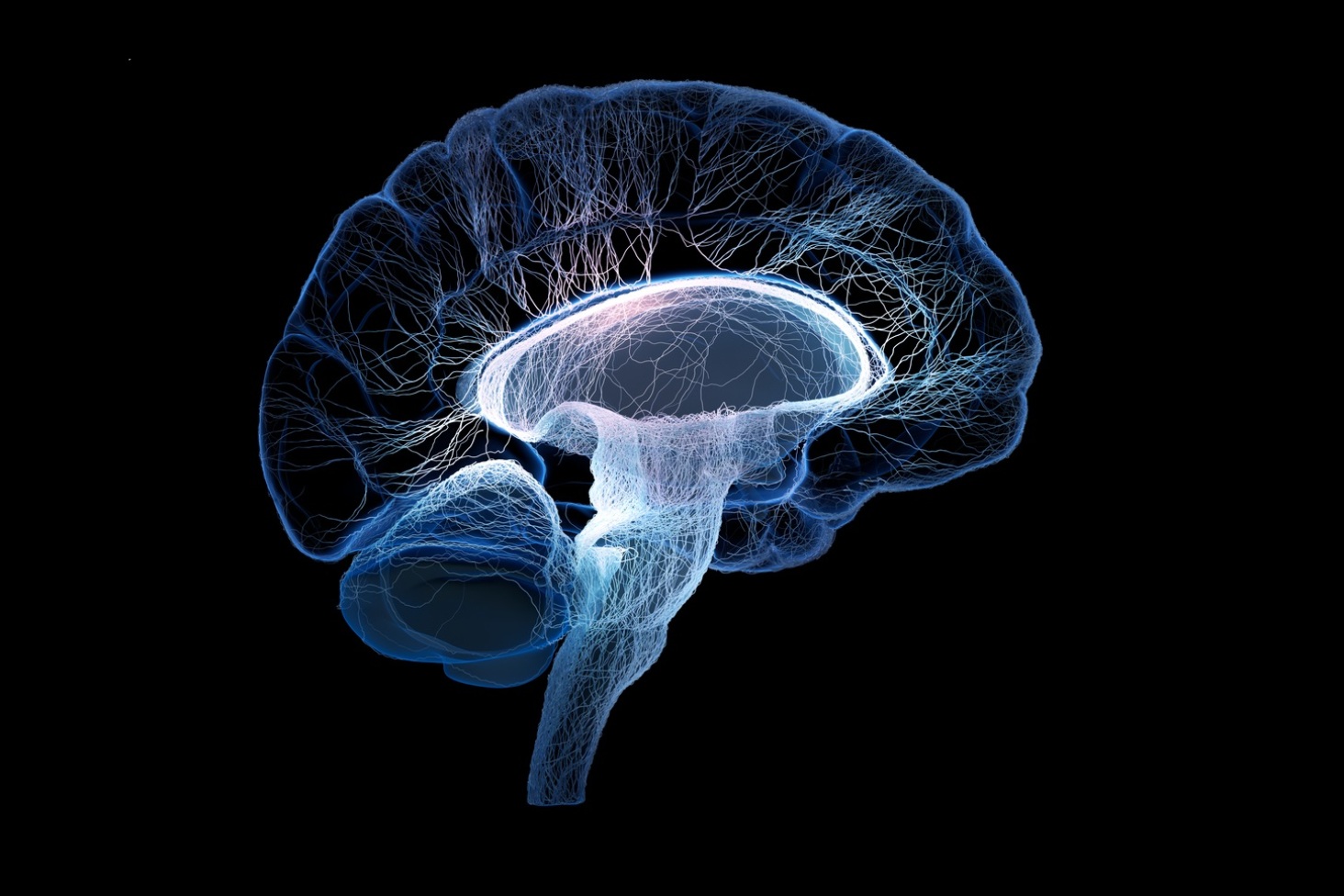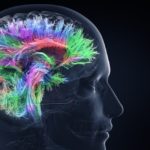For patients with Alzheimer’s disease, a ketogenic diet might be effectual for inhibiting the onset of the neurodegenerative condition, according to a new study released in the Journal of Neuroscience.
The study, funded by the National Institute of Health, turned to the examination of rodents, genetically lowering levels of SIRT3.
Among the rodents, a reduction in levels of SIRT3 was associated with an increased rate of mortality, severe seizures, and interneuron death. Interneurons are known to be vulnerable at being wiped out in the neurodegenerative brain by the protein amyloid beta.
“In this study, we examined the function of mitochondrial protein deacetylase sirtuin 3 (SIRT3) in the pathogenesis of AD,” the findings declared. “Compared to AppPs1 mice, Sirt3-haploinsufficient AppPs1 mice (Sirt3+/-AppPs1) exhibit early epileptiform EEG activity and Seizure. Both male and female Sirt3+/-AppPs1 mice were observed to die prematurely before five months of age.”
“When comparing male mice among different genotypes, Sirt3 haploinsufficiency renders GABAergic interneurons in the cerebral cortex vulnerable to degeneration and associated neuronal network hyperexcitability.”
In the findings, the team of researchers uncovered an entirely different end result for rodents exhibiting an abeyance in levels of SIRT3: ketogenic consumption correlated with less instances of seizures and mortality rates, even raising the levels of SIRT3 in the neurodegenerative brain of rodents.
“Consistent with a protective role in AD, SIRT3 levels are reduced in association with cerebral cortical Aβ pathology in AD patients,” the findings concluded.
“In summary, SIRT3 preserves GABAergic interneurons and protects cerebral circuits against hyperexcitability, and this neuroprotective mechanism can be bolstered by dietary ketone esters.”


